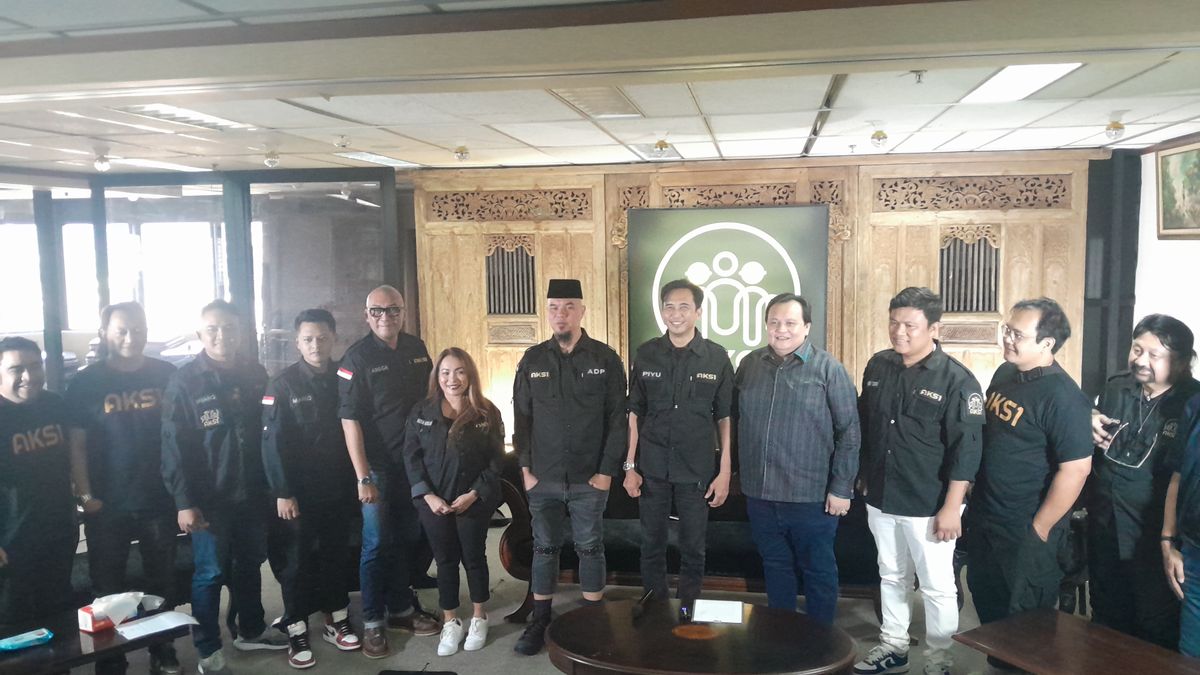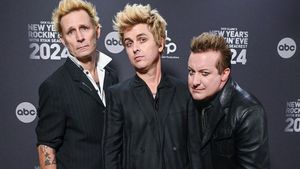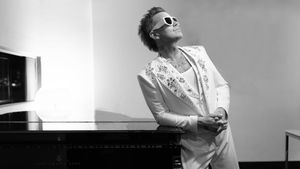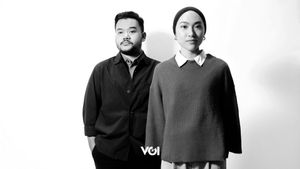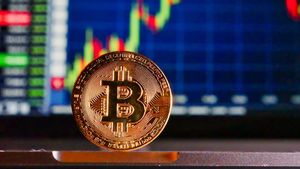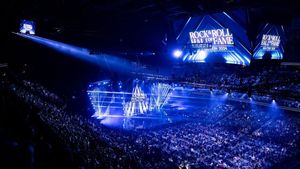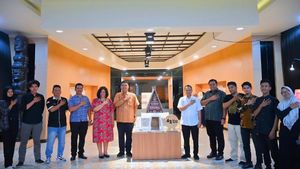JAKARTA - Those who are members of the All-Indonesian Composite Association (AKSI) have different assessments regarding the amount of royalties for performing rights from live events or concerts.
In carrying out direct license, songwriters who are members of the ACTION set royalty payments of 10 percent of the payments obtained by performing singers or musicians.
This amount is different from the system run by the National Collective Management Institute (LMKN) and the Collective Management Institute (LMKN). In paid music performances, royalties are set at 2 percent of ticket gross sales plus 1 percent of free tickets. Meanwhile, for free music performances, royalties are set at 2 percent of the production cost.
Members of the ACTION refused if they were called greedy by increasing the percentage of royalties. They considered the difference not too big.
RIEKA Roslan, Deputy Chairperson of ACTION, took one example of a case where the production cost of a concert was Rp. 200 million and the pay for the performer was Rp. 50 million.
"10 percent of 50 million means 5 million. Meanwhile, 2 percent of the 200 million is 4 million," said Rieka Roslan in Kuningan, South Jakarta this week.
"It's not too far apart. Even then, if the singer carries 10 songs, it means that each song only gets 500 thousand," he continued.
SEE ALSO:
The former vocalist of The Groove assessed that the determination made by the ACTION was not only about the nominal value of money. They set royalties based on the pay that the performer received because they were considered more certain.
"If it's from ticket or production sales, it's found after the concert. Even that's not the exact value. Usually, when the concert is finished, there are many reasons, you can forget, what can you do," said Rieka.
"If the singer's payment is clearer and already found out at the beginning. The singer's time has been paid, the crew has been paid, but the songwriter hasn't been able to," he added.
AKSI clearly wants live event royalties to be paid before the concert takes place. So, singers or musicians who want to perform songs created by others must have permission first.
Meanwhile, the 10 percent amount is not made carelessly, Rieka said the value is based on digital royalties.
The calculation of digital royalties can be 9 to 10 percent. It already exists and is common, that the royalty tally can be 9 to 10 percent. So, we refer to that to take the 10 percent," he said.
Furthermore, Angga Saleh added that the direct license system does not mean that royalties are paid by performers or reduced payouts. Royalties are handed over by concert organizers as users to songwriters.
"Those who pay are the organizers, but the singer must report the songlist to take care of the license," concluded Angga Saleh.
The English, Chinese, Japanese, Arabic, and French versions are automatically generated by the AI. So there may still be inaccuracies in translating, please always see Indonesian as our main language. (system supported by DigitalSiber.id)
